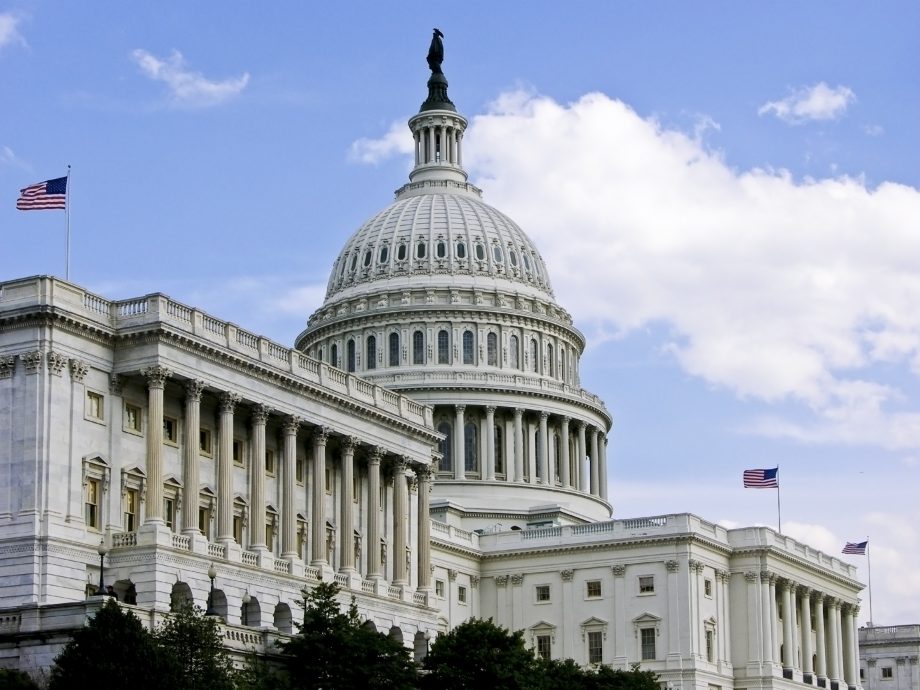Establishing a Stricter Separation of Powers: Adopting a Reformed REINS Act
One of the main ways that administrative agencies exercise non-executive power is through their extensive rulemaking authority. Agencies exercise quasi-legislative (or simply legislative) power by enacting rules on the basis of often vague statutory requirements, such as “promoting the public.” The best solution to this issue would probably have Congress pass the rules that govern the public rather than leaving the decision to agencies. But Congress likely does not have the expertise to write these rules or the time to enact them.
For this reason, the proposed REINS Act has become a popular proposal for reducing the legislative power of agencies. Under the REINS Act, agencies continue to have the authority to write rules that will be enforced against the public. But the Act requires that major rules (such as rules that have an annual effect on the economy of $100 million or more) be approved by Congress. As a result, for the most consequential rules, Congress (and the President) will have the final decision whether to enact them.
The REINS Act addresses the expertise and timing problems. While Congress does not have the expertise or the time to draft the appropriate rules, it would have enough of both to approve the rules that the agencies draft. First, Congress would have enough expertise to determine whether to approve a rule drafted by the expert agency. Moreover, Congress would have advantages over the agencies, such as being more responsive to the public and not being subject to the tunnel vision of individual agencies. Second, Congress would have the time to review the proposed rules, since the Act provides fast track authority for the agency rules.
Despite these virtues, the Act in its present form has significant defects. In my article advocating a stricter separation of powers on agencies, I identify five significant defects and propose reforms for addressing them. Here, I discuss two of these reforms. The first reform involves determining the effects of a rule. This is crucial for the REINS Act because the congressional approval process only applies to major rules (such as those having a $100 million effect on the economy). Under present versions of the Act, OMB makes this decision, but that is a problem, because the agencies and President (who supervises OMB) have a strong incentive to conclude that a regulation costs below $100 million to avoid the congressional approval requirement.
My proposed reform would have Congress legislate a methodology for determining the effects of a rule. Then, each rule should be submitted to OMB, which would have to conclude it is has a smaller effect than $100 million in order for the agency to enact it without congressional approval. But the rule should also be subject to challenge by private parties in court, which would make an independent determination. Because the issue involves technical questions, the decision should be made by an independent administrative court that has expertise in economics, without any deference for OMB’s determination. In this way, the agencies could be prevented from undercounting the effects of regulations, while at the same time having the decision made by someone with expertise.
The second reform involves the problem of a take-it-or-leave-it proposal from an agency. Under the REINS Act, the agency can force the Congress to vote on its proposal, which allows the agency to be strategic. The agency could combine a popular regulatory provision with an undesirable one. Congress then might be reluctant to vote against the popular provision, even though it should do so to prevent the undesirable provision from being enacted.
To guard against this problem, the congressional approval procedure should be modified to permit the houses to vote against the regulation with an explanation that detailed the specific defects that a house believes plague the regulation. If the agency addressed the alleged defects by submitting a modified version of the regulation, then Congress would be forced to vote up or down on the regulation without the option of disapproving it again based on a specific defect. If the agency failed to address the defect, then Congress would not be required to vote on the regulation again. This arrangement would protect Congress from an agency’s strategic behavior.
This arrangement should be enforced by OMB and a legislative official, such as a house’s parliamentarian. If an agency sought to resubmit a proposed regulation that Congress had disapproved for a specific defect, then OMB should be required to review the determination and conclude that the regulation in fact addressed the defect. But OMB’s determination should not be sufficient. Once received by Congress, the decision that the regulation addressed the defect should be reviewed by a congressional official, such as the legislative house’s parliamentarian. In that way, the houses would not be bound by the executive branch’s determination.


